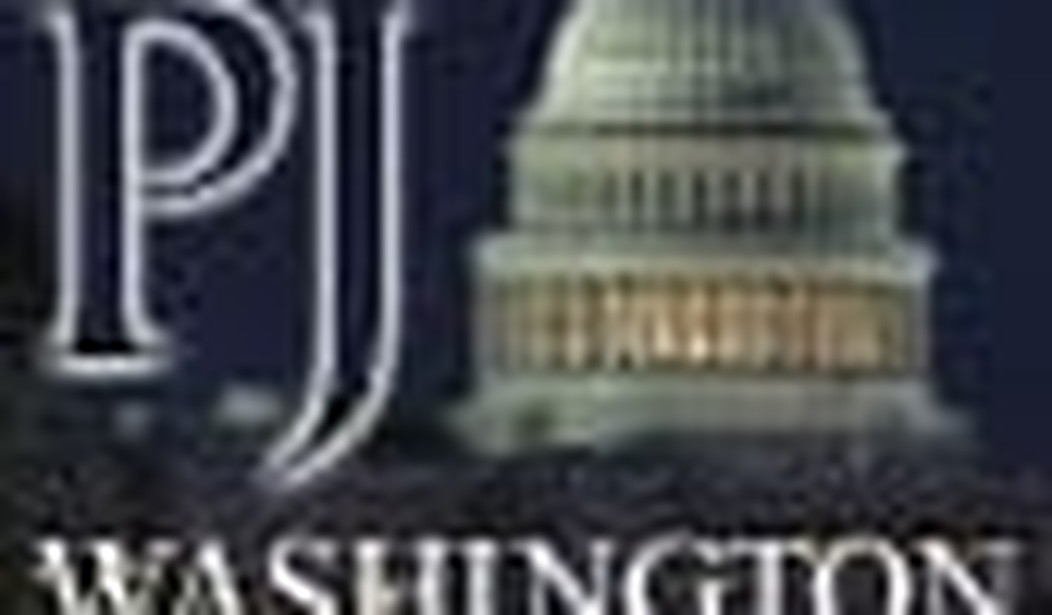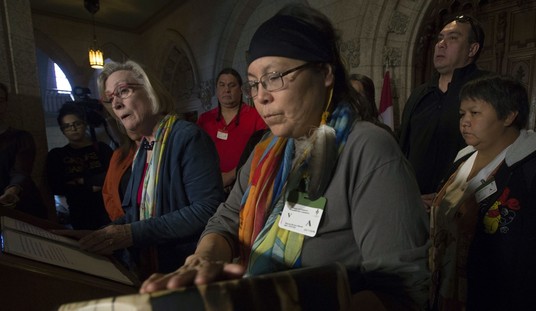Senator Levin has responded to a letter sent by the U.S. Chamber of Commerce to the U.S. trade representative asking federal officials to consider reviewing the proposed ban on proprietary trading under the “Volcker Rule.”
In a letter addressed to U.S. Trade Representative Ron Kirk, the U.S. Chamber has requested federal officials to consider whether the Volcker Rule “undermines U.S. trade policy and whether the [rule], as drafted, violates our World Trade Organization and free trade agreement commitments.”
Senator Carl Levin (D-Mich.) released the following statement this week in response to the U.S. Chamber of Commerce’s letter:
“It is not surprising that the U.S. Chamber, which opposed our efforts to prevent a repeat of the financial crisis that crippled our economy, is now trying to undermine those efforts. The Chamber’s letter places the interests of foreign governments ahead of protecting U.S. taxpayers and workers who had to bail out big banks’ bad bets just a few years ago. This last-ditch effort by the big banks and the Chamber to undermine the Merkley-Levin provisions of the Dodd-Frank Act ignores the fact that U.S. trade agreements allow us to regulate the safety and soundness of our financial institutions.”
President Obama proposed a ban on proprietary trading in 2010 and named it after former Federal Reserve Chairman Paul Volcker, its chief engineer. At the time, Volcker was the chairman of the Economic Recovery Advisory Board under Obama, a post Volcker resigned in January 2011.
The Volcker Rule – a rule restricting U.S. banks, or any institution that owns a bank, from trading on a proprietary basis (trading using the firm’s own funds as opposed to its customers’ money) – will be implemented as part of the Dodd-Frank Act. The rule has faced criticism from banks, claiming that the regulation would hurt their profits and impose additional costs on banks attempting to comply with the rule’s measures. In addition to prohibitions of proprietary trading, the rule also introduces restrictions on investment in hedge funds and private equity.
In a surprising move, foreign nations have also joined U.S. banks’ opposition to the Volcker Rule.
During the annual meeting of the World Economic Forum in Davos earlier this year, foreign finance ministers voiced their concerns to U.S. Treasury Secretary Tim Geithner. Many foreign nations, particularly members of the G20, declined the Obama administration’s invitation to join the U.S. in its efforts to limit banks’ size and risk-taking after the rule was announced in 2010.
In a column written for the Financial Times, George Osborne, British finance minister, and Jun Azumi, his Japenese counterpart, warned that the U.S. regulation could make it “more difficult, costlier, and riskier for countries to issue and distribute debt.”
According to critics, the regulation could increase borrowing costs for foreign governments, limiting their ability to raise funds in government bond markets. The rule includes an exception for U.S. Treasuries, but excludes non-U.S. government bonds, raising concerns among foreign governments of double standards. The Chamber said that the rule could violate free trade obligations because it would cover foreign sovereign debt, while exempting U.S. government bonds. Foreign banks operating in the U.S., or offering services to any U.S. residents, would also have to comply with the rule.
“International rejection of the Volcker Rule continued after the passage of the Dodd-Frank Act and in the two and a half years since the passage of the [act], no other nation has enacted legislation or regulations analogous to the Volcker Rule,” said the Chamber in its statement. The letter also warns that the rule could prompt retaliation from foreign governments.
In his statement, Levin also explained his position on proprietary trading by banks whose deposits are federally insured.
“The principle behind the Merkley-Levin provision implementing the Volcker Rule is simple: If you’re going to place risky bets for your own profit, you can’t do it with the backing of government-insured deposits. That’s just common sense, and the big banks and their allies should stop their foot-dragging and obfuscation. The time for delay is over; now it’s time for a strong Volcker Rule and vigorous enforcement,” said Levin in the statement.
Sens. Carl Levin and Jeff Merkley (D-Ore.) introduced their amendment to the Dodd-Frank Act in May 2010 to “restrict proprietary trading at banks and other large, important financial institutions” that use the money of taxpayers. The Huffington Post reported that, shortly after the senators’ announcement, Volcker declared his support of the amendment in a personal letter he sent to the two senators and praised their effort to “clarify and enhance the proprietary trading restrictions contained in the Dodd Bill.”
Proponents of the Volcker Rule blame proprietary trading for exacerbating the financial crisis by encouraging risky investment among banks.
The U.S. Chamber of Commerce became the first business group to effectively challenge government regulations invoking the law in 2005. Since then, it has succeed in having the United States Court of Appeals for the District of Columbia toss out three financial regulations.
Even if the trade representative’s office declines the Chamber’s requested review, the letter could open the gates for legal challenges against the rule.









Join the conversation as a VIP Member